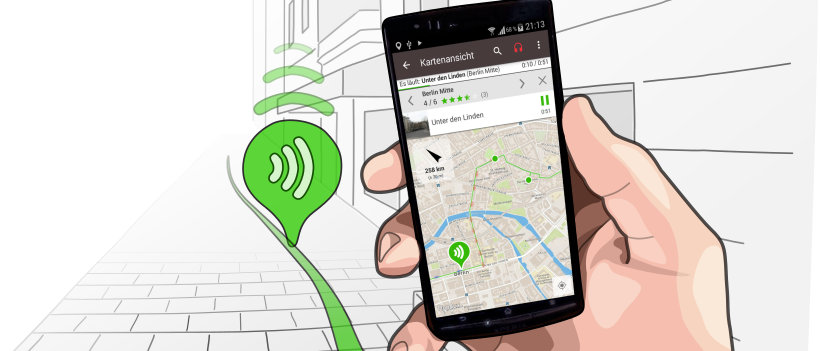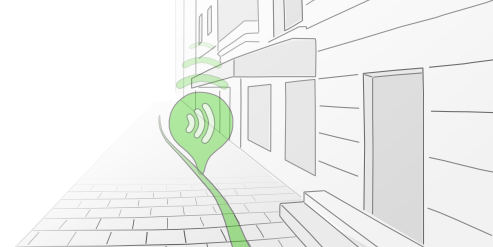A conversation between T’uy’t’tanat - Cease Wyss and her mother, Kultsia Barb Wyss about the approach to food sovereignty that they grew up with.
Transcript
I know who I am. I have an identity that is mine and is my ancestors’ identity. And then I apply that when I think of food sovereignty. I think about what you and dad raised us on salmon, berries, wild meats, food that we grew in our garden. So that to me is being able to go out and get your food without it costing more than you can afford to live on. So for us, dad made his own bullets. He loaded his own ammunition. He cleaned his own guns. He was a butcher. So he did all the work with the meat. He could skin it, he could cut it up, he could package it. He could tell you what each cut was. And you as somebody that grew up with salmon all your life, you knew every part of that salmon from head to tail.
And what you could eat and what you couldn’t eat. And you knew that it was the most precious resource in the world. And that it wasn’t just that it fed us, that it fed the entire food chain and the environment as well. We knew that we have to bring our fish bones back to the water to keep the salmon coming back. We understood the cycle of life.
And so the only way to reasonably do it is to change the entire landscape of the city and to make it accessible, to make food accessible everywhere for all. Then that puts sovereignty back into the land itself. It’s not just Indigenous food sovereignty, it’s food sovereignty for all.
Audio recording, editing, mixing: Lorna Boschman
Audio Optimizer: John Burton



